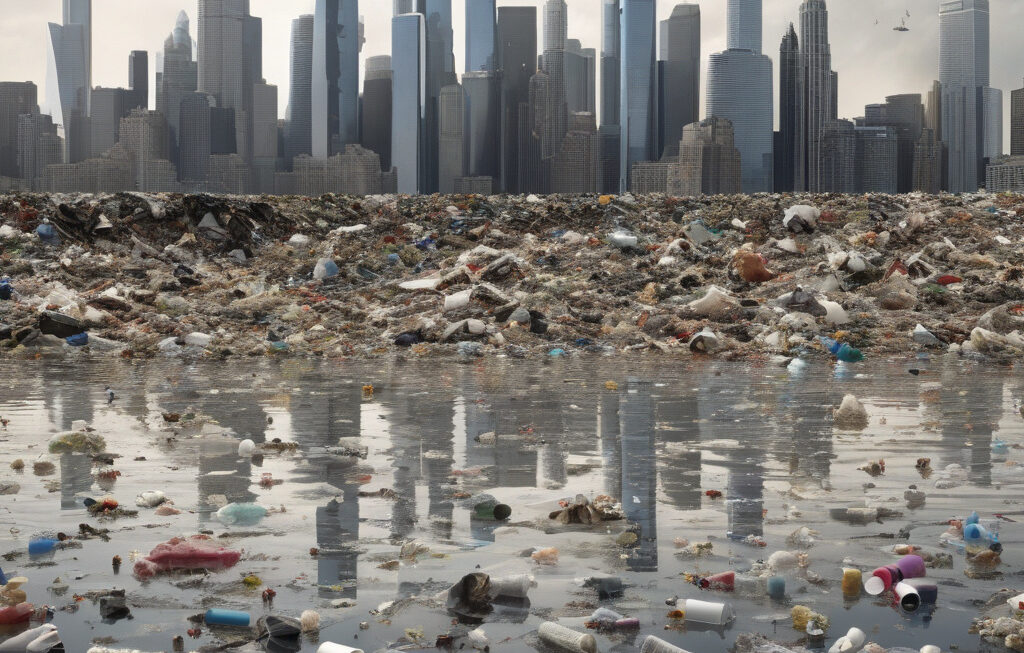The EU’s Retreat on Sustainability Regulations, Explained
The European Union has long been a global leader in pushing for sustainability regulations across various industries, including fashion. However, a recent move by the EU to relax stringent sustainability rules has raised eyebrows and sparked debate within the business world. The proposed changes would ease the burden on large fashion brands, allowing them to disclose fewer details about their environmental impact and potentially sidestep accountability for supply chain abuses.
At the heart of the matter are the landmark sustainability rules that were set to hold large fashion companies accountable for their actions. These rules would have required companies to provide more transparency regarding their environmental practices, such as carbon emissions, water usage, and waste generation. Additionally, the regulations aimed to ensure that companies took responsibility for any human rights abuses or labor violations that occurred in their supply chains.
However, the EU’s recent announcement indicates a shift in approach, with plans to significantly water down these regulations. Critics argue that this move not only weakens the EU’s stance on sustainability but also sets a dangerous precedent for other regions and industries looking to follow suit.
One of the main concerns raised by sustainability advocates is the potential for greenwashing – a practice in which companies mislead consumers and the public by presenting a misleadingly positive image of their environmental efforts. By allowing fashion brands to disclose less information about their sustainability practices, there is a fear that companies may exploit this loophole to appear more environmentally friendly than they actually are.
Moreover, the relaxation of sustainability regulations could have far-reaching consequences beyond the fashion industry. As consumers become increasingly conscious of the environmental and social impact of their purchases, businesses across all sectors are under pressure to demonstrate their commitment to sustainability. The EU’s retreat on sustainability regulations may signal to other regions that stringent rules are not necessary, potentially leading to a rollback of progress in the global sustainability movement.
It is essential for policymakers, businesses, and consumers alike to closely monitor these developments and advocate for strong, enforceable sustainability regulations. While the fashion industry is just one piece of the larger sustainability puzzle, the decisions made in this sector can have a ripple effect on others. By holding companies accountable for their environmental and social impact, we can work towards a more sustainable future for all.
In conclusion, the EU’s decision to relax sustainability regulations for large fashion brands is a concerning development that could have significant implications for the wider business world. By diluting these rules, there is a risk of enabling greenwashing and eroding trust in companies’ sustainability claims. It is crucial for stakeholders to push for robust sustainability measures to ensure that businesses are held accountable for their actions and contribute to a more sustainable global economy.
sustainability, regulations, fashion industry, EU, accountability












